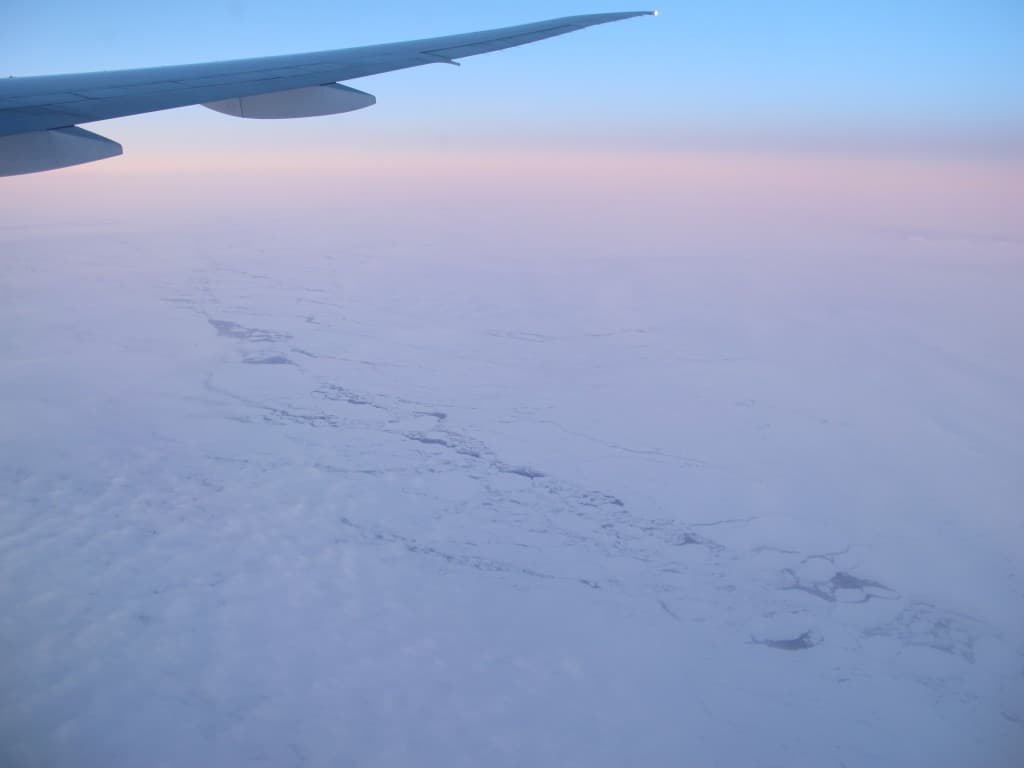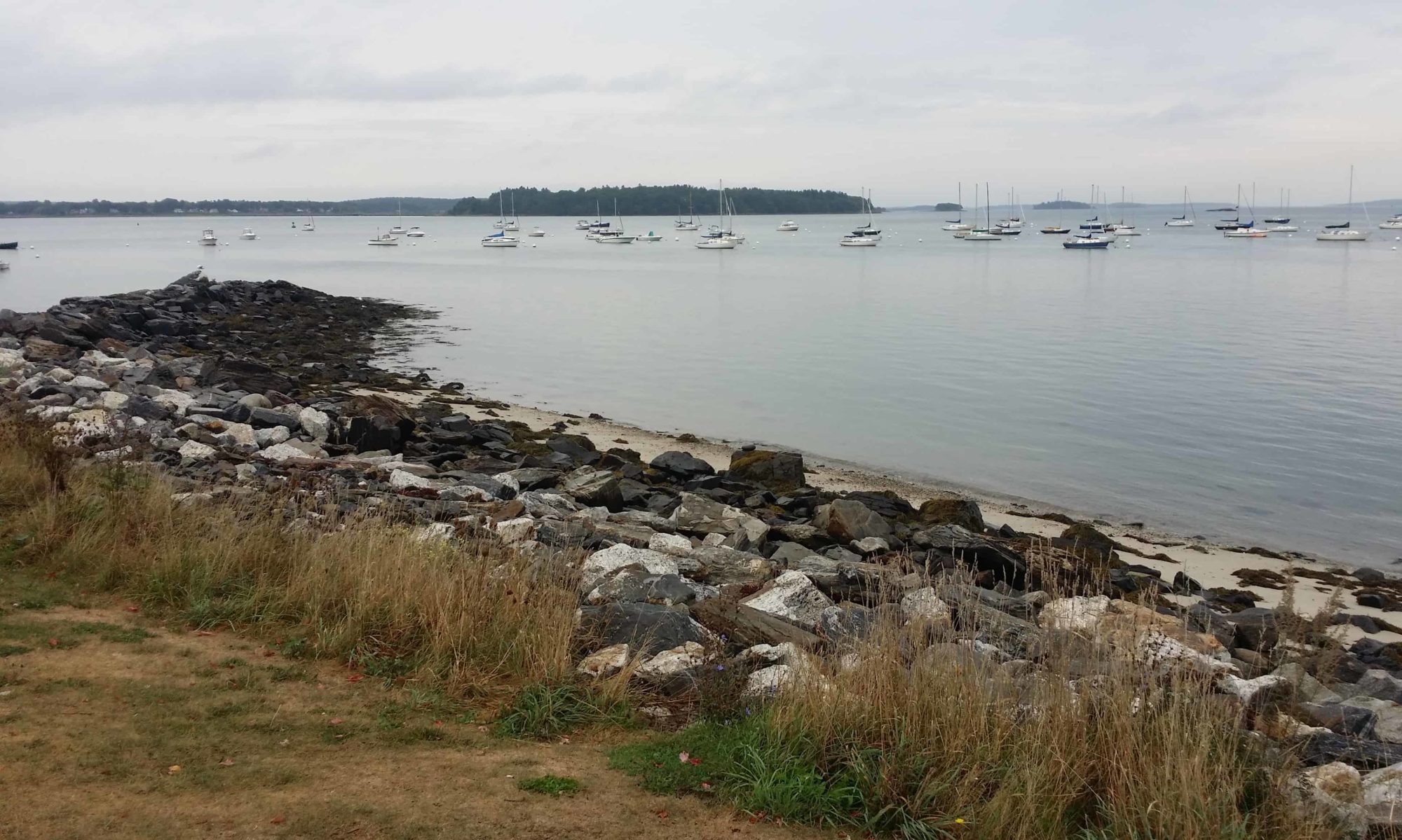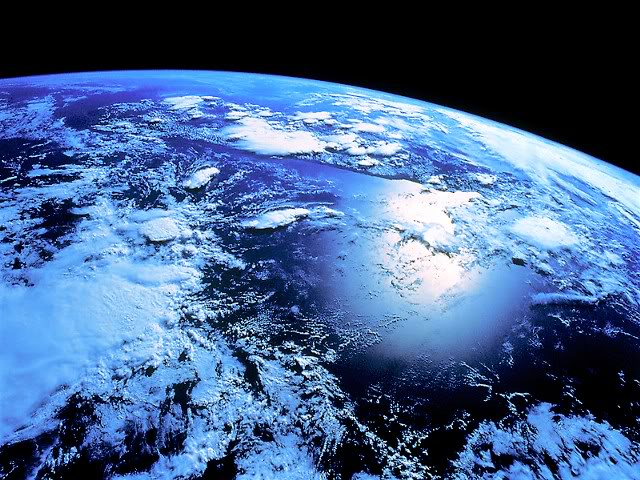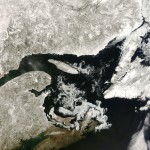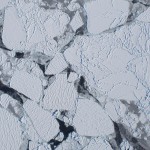As the holiday season floated by, Tristan was to have all manner of epiphanies. Unable to make sense of his role with the CIA in China, unwilling to breach certain firewalls he’d equipped in the emotional regions of his brain, his revelations were centered on the residue of days forgotten. Footlocker regionals, Sister Clarice at St. Catherine’s school dances reminding: “leave room for the Holy Spirit!” while parting virgin pelvic bones with a raw wooden ruler, purple river Thursdays from textile mill’s out-flow, colonial western settlements — all history laid in the grit and salt of snow banks, melting into storm drains, following what had once been tributaries to the Susquehanna. He had not checked his social networks since updating his occupation to the Agency condoned cover: Mergers and Acquisitions consultant with Nexen Inc., Calgary. He’d concocted a protective self-image, ambling Washington streets, seasons, of a star-crossed astronaut engaged in a protracted space walk, untethered, waiting in the frozen inaudible vacuum for someone, some duty to drag him back to station for briefing. When that duty materialized as CIA, Tristan fawned like a school boy flush with vague virility, grounded in atmosphere yet existing only in deep subconscious waters, to emerge in Pennsylvania winter, a warm home, loving family, yet always anyway alone; he preferred the solitude of the road. Tristan ran by the river in black tights, long sleeve T-shirt, gloves, heat rising from his chaotic blonde hair as a smoke stack, feeling a refreshing anonymity, this town could be anywhere. In the crisp early morning the few frail bodies venturing out, isolated as repellant electrons cruising around a distant nuclear core, focused on concealing any exposure, clinging extremities close to heart, contemplating the warmth lost in every puff of breath. The river’s steady rumble reminded him of personal grumblings into cell phones or between coffees on a street corner, how people can stop in their path, change direction, while the river continues flowing along as nature set millions of years ago, yet the similar sound; perhaps man’s flow is equally resolved, if infinitely more convoluted, the river of man one day eroding its metaphysical banks, flooding the world, consuming everything unto itself. You’re a cheery bastard this morning, he told himself. He’d finished twelve miles feeling ready for another, started his cool down drills, skips, high knees, strides, and knew, then, that he was still in orbit, still waiting, the CIA only another dream delivered under the ethereal stamp of purpose. There was no escape but to forge ahead, discovering clues from a real world winking down from not so far away heaven. He’d always had a sense of his role as an other-actor, in this world but not of it, never quite committed. In school he’d played the role of the intelligent athlete, skilled enough to get high grades, but indifferent to the pleasures of thought; competitive in races, but unwilling to give up leadership camp for cross-country camp. Even within his sport experience he was split between the group hype mentality of a basketball team and the goofy autonomy of distance runners. Living in contradiction freed him from the vulnerable position of building bonds. By the time he realized that he desired inclusion, that discourse and passion were valuable and enjoyable, he perceived an irreconcilable error inscribed on his personality, the inherent curse of the outsider forever fated him to sit at the penumbra between relevance and complete desolation, observing without the shared reality necessary to act in any meaningful way. CIA offered him a way, but as with the Institute or Cross Country team, he would never belong, he was still alone, possibly more than ever. An astral explorer, floating in silence, plenty of time to consider, enough it seems to realize, all is folly, that he is powerless to do much more than work and love, or else spend each aching hour considering how to properly close a cabinet behind a careless guest without seeming overly particular, before a terrifying or benevolent presence reaches down to pluck him out of finite uncompromising existence. If he could only love.
Tristan’s father was at the kitchen table in navy blue sweat pants and a ‘Tin Pan Alley’ T-shirt reading the Washington Post.
“Still haven’t given up on print journalism?” Tristan prodded, sprawling on the floor to stretch.
“Of course not. I’ll follow to their grave. You never know who’s messing with those online articles. They could change any minute.”
“Isn’t that a good thing? They could have made a mistake, and you’ll believe it until the retraction comes out next week.”
“Ah.” Richard dismissed the thought with a wave.
Tristan’s sisters were home, upstairs, still sleeping, along with their mother. He had cherished the time with them all, but felt more alienated then usual, not being able to talk about his job. He could tell they noticed. He knew it would only get worse when he had real secrets to keep.
“I love you dad.”
Richard looked to the linoleum floor where his son was leaning into a butterfly stretch. He put the paper on the table. “I love you too, son. What’s the matter?”
“I’m fine. I just wanted to tell you before tomorrow morning. Last minute, ‘I love yous’ can feel so cheap, forced. You know? I wanted you to know that I do appreciate everything you’ve done for us. Men like you don’t come around often anymore. I know I’m not…”
“Tristan, get off the floor. Come sit down.” Tristan sat at the table, his fingers clasped, his gaze focused on precisely nothing. “I’m sure you’re going to be fine over there. They wouldn’t send you into anything you can’t handle.”
“I don’t know. China’s different. You remember the last time. And I read an article last year about a group of local journalists they threw in prison for years until the Internet went crazy. They definitely don’t like American’s snooping around, and I’m as green as it gets. I don’t know what they’re thinking. I should be in some office at Langley!”
“Hong Kong’s different. It’s barely even China. And you said you were just doing paper work, data-mining, right? The last thing the military needs is to send some kid out and create an international scandal.”
“That can’t be all this is. It doesn’t line up. And whatever it is, what if I’m not ready to do what they want me to do?”
“Tristan relax, you’re going to do great. I’m sure they’ll explain everything before you get too far along, and if you don’t think you’re ready then they’ll have to figure something else out. I really doubt they’d ask you to do anything too advanced without first getting your feet wet. That doesn’t make sense.”
“I guess. I just can’t figure out why they wanted me in particular, if not for something more specific than just translating. What if they want me to do something messed up?” Last week, at the north-side Giant Tristan ran into Nick Stiletto working behind the seafood counter. At first he pretended not to recognize the kid who, twelve years ago (had it already been that long?), sat by the window in Mr. Morrison’s Algebra 2 class, but then remembered that he, Nick, had known Steven from the Taekwondo Academy. It turned out they still chatted on occasion. The ‘big company’ Steven was working for was Huawei, an up and coming rival of American telecom hardware companies like Cisco, Dell and IBM. They supplied much of Britain’s optical cables and routers, and were the sole supplier for Iran and Cuba. In October the congressional committee on foreign investment (CFIUS) labeled them a national security threat due to alleged dubious connections with the Chinese government. What was Steven thinking?
“If they ask you to do something you know is wrong, then just say no. You’re a good person. You have strong principles and a well formed conscious. I know because I raised you. Tristan, Look at me.” Tristan looked up from his fingers. “We need more people like you doing this work. When a man’s work is secret the temptation to take shortcuts or give into base desires becomes difficult to resist. Our country needs men like you protecting our reputation.” A pregnant pause followed. Sunlight was streaming through the kitchen window at an acute angle delivering an illusory warmth to Tristan’s hands and shoulder.
“I always thought that I wanted to live a life of secrets. To have that part of my mind turn out to be real. But now I’m not sure.” This statement he wasn’t sure of either.
“That’s a good thing. Remember that when you’re invited to know more than necessary.”
Tristan shifted in his seat. “Okay. I will.”
Tristan left Harrisburg, two days after Christmas, unclear what tasks awaited him. His mother, rendered emotionally liquid with worry, flowed through self-conscious cycles: first misery, then feigned optimism, and blind denial before beginning the cycle anew, stuffed three batches of his favorite white chocolate macadamia nut cookies into his carry-on, to, ‘bring the holiday spirit to China.’ His youngest sister, Jodi, handed him a pair of capris she had designed using fast drying material and stitching secret pockets positioned in the most improbable of pits, her expression evasive and impossible to decipher, the only passable characterization: autistic, as Tristan explained his brief stop in Calgary to meet with the Nexen executives.
After a layover at Vancouver International Airport Tristan’s flight to Hong Kong departed at twenty-one hundred hours Pacific Standard Time. Once the Boeing-777 reached the comfortable cruise altitude of 35,000 feet he fell asleep. Six hours later he woke up and slid up the window screen to discover daylight. The flight tracker showed they were over the Bering Strait, passing the international day-line, the last point of contact with Anchorage Center. For five hours the plane straddled the horizon, pure morning light to the left, cold gray pre-dawn firmament to the right. Tristan imagined sweeping over creation on that first day, the moment God created light, pushing back the darkness to begin the ebb and flow of time, the ubiquitous waters between surface and space refracting light into a geometry of color, all history’s potential; And then the separation: green seas, azure sky, bright white light and harrowing endless night. He leaned into the warm glass to see the fractured arctic surface below. The frozen stop-gap of humanity, he thought, a reset policy, an hourglass gradually flooding the earth with its liquid sands of unknown primordial organisms. God promised he wouldn’t do that again, he thought, but we may have misinterpreted a technicality in the covenant, because it is coming. Perhaps it’s the time we have to come together, to get our souls right. He reached into his bag for his book on China: ‘a modern history,’ and read until dosing off early morning somewhere over the Sea of Okhotsk or Siberia.
